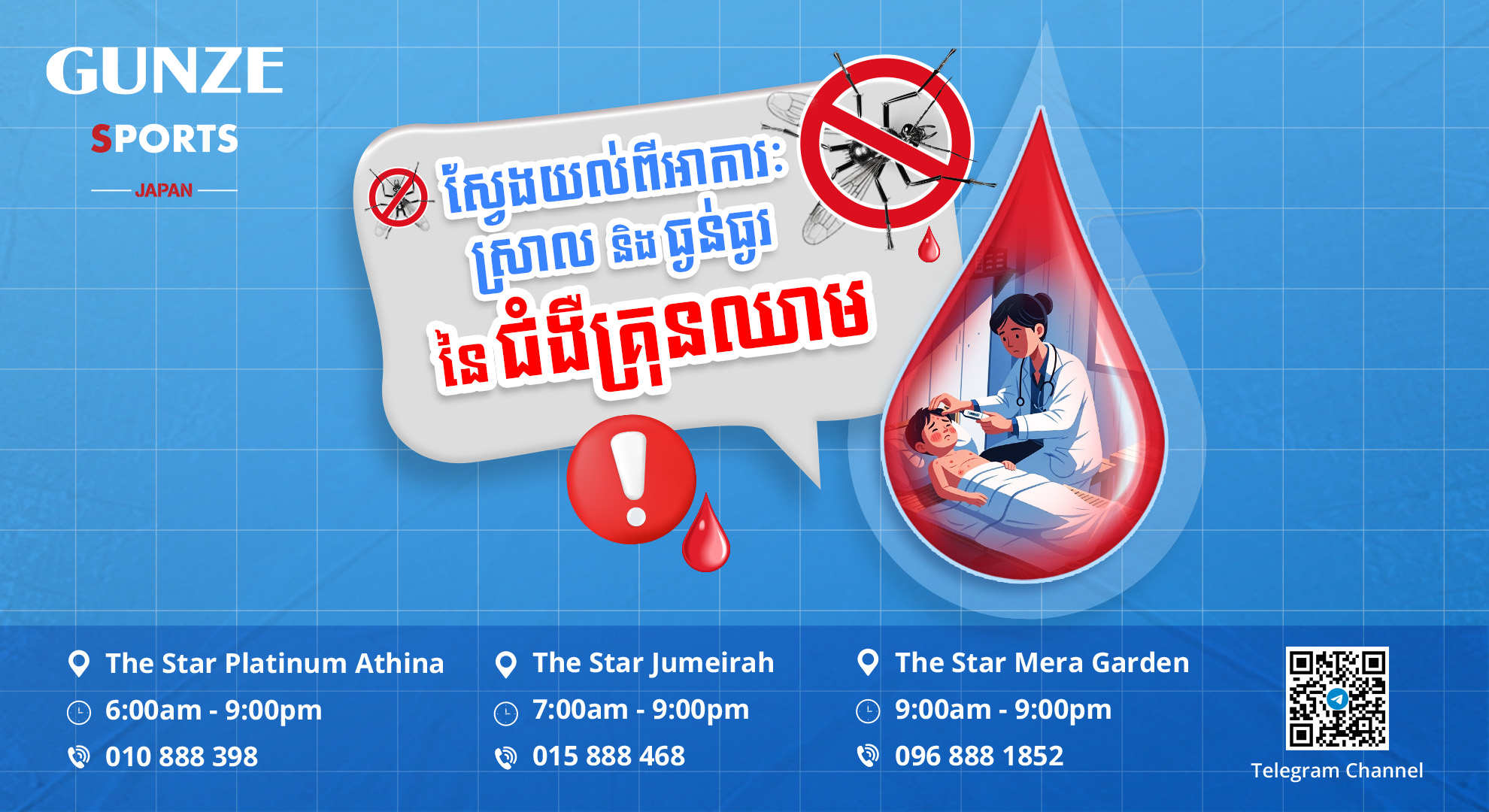
Discover Dengue and Severe Dengue
Dengue (break-bone fever) is a viral infection that spreads from mosquitoes to people. It is more common in tropical and subtropical climates.
The largest number of dengue cases reported was in 2023. The WHO Region of the Americas reported 4.5 million cases, with 2300 deaths. A high number of cases were reported in Asia: Bangladesh (321 000), Malaysia (111 400), Thailand (150 000), and Viet Nam (369 000).
Symptoms
Most people with dengue have mild or no symptoms and will get better in 1–2 weeks. Dengue can be severe and lead to death.
If symptoms occur, they usually begin 4–10 days after infection. Symptoms may include:
– high fever (40°C)
– severe headache
– pain behind the eyes
– muscle and joint pains
– nausea
– vomiting
– swollen glands
– rash
Severe dengue symptoms often come after the fever has gone away:
– severe abdominal pain
– persistent vomiting
– rapid breathing
– bleeding gums or nose
– fatigue
– restlessness
– blood in vomit or stool
– being very thirsty
– pale and cold skin
– feeling weak
Prevention and control
The mosquitoes that spread dengue are active during the day.
Lower the risk of getting dengue by protecting yourself from mosquito bites by using:
– clothes that cover as much of your body as possible
– mosquito nets if sleeping during the day
– mosquito repellents
– coils and vaporizers
Mosquito breeding can be prevented by:
– preventing mosquitoes from accessing egg-laying habitats by environmental management and modification
– disposing of solid waste properly and removing artificial man-made habitats that can hold water
– applying appropriate insecticides to outdoor water storage containers
If you get dengue, it’s important to:
– rest
– drink plenty of liquids
– use acetaminophen (paracetamol) for pain
– avoid non-steroidal anti-inflammatory drugs, like ibuprofen and aspirin
– watch for severe symptoms and contact your doctor as soon as possible if you notice any.




